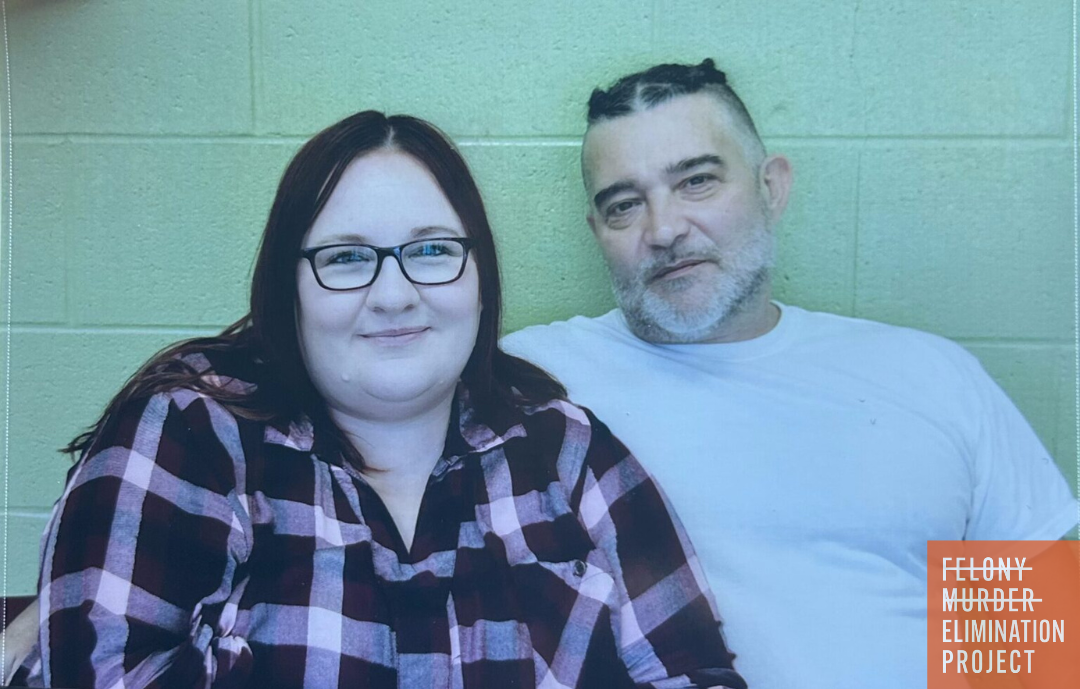Religious Leaders in Florida Call on DeSantis to Pause Executions
Florida has executed seven people this year which, with two more scheduled for this month, would set a record of nine state-sponsored murders in one year

Religious leaders across Florida have penned a letter asking Governor Ron DeSantis to pause executions after more prisoners were put to death in a single year since the death penalty was reinstated half a century ago.
Florida has emerged as the leader in the execution of inmates, with seven so far this year and two more scheduled for this month – which would set a record of nine executions in one year, the most since capital punishment was reinstated in 1976. There are about 100 death row persons eligible for execution in Florida, according to state records, and there’s still five months to go on the calendar.
DeSantis appointed Tampa Pentecostal minister Demitrius Minor to his Faith and Community Initiative, which serves "as the voice of the governor to the faith and community organizations," according to its website. But instead of just talking, Minor and other members of the faithful want the governor to listen, or to simply read their letter.
Church leaders of nearly every Christian denomination; Catholic, Episcopalian, Presbyterian, Methodist, Society of Friends, signed the petition Minor and Father Dustin Feddon brought to the Florida State Capitol in Tallahassee. “The death penalty is not about public safety. It’s about power. The governor alone decides who lives, who dies with no checks or balances. That is not justice. That’s what we call vengeance and it’s very dangerous,” Minor said.
DeSantis began signing death warrants at a record-setting pace following the current presidential administration’s Restoring the Death Penalty and Protecting Public Safety executive order issued in January. It includes the ghastly practice encouraging states to include more crimes eligible for a death sentence and instructed the attorney general to ensure states have a sufficient supply of lethal injections, all in the face of significant evidence indicating the death penalty is not a deterrent to crime, and the numerous studies and reports documenting that race plays a significant role in who is sentenced to death and who is executed, with clear disparities favoring white defendants and victims.
Additionally, wrongful convictions in death penalty cases present a grave issue due to the irreversible nature of capital punishment. Since 1973, at least 189 people in the US who were wrongly convicted and sentenced to death have been exonerated. This highlights a significant problem: for every 8.2 people executed, one person has been proven innocent. The risk of executing an innocent person makes the death penalty ethically, morally, and practically problematic.










